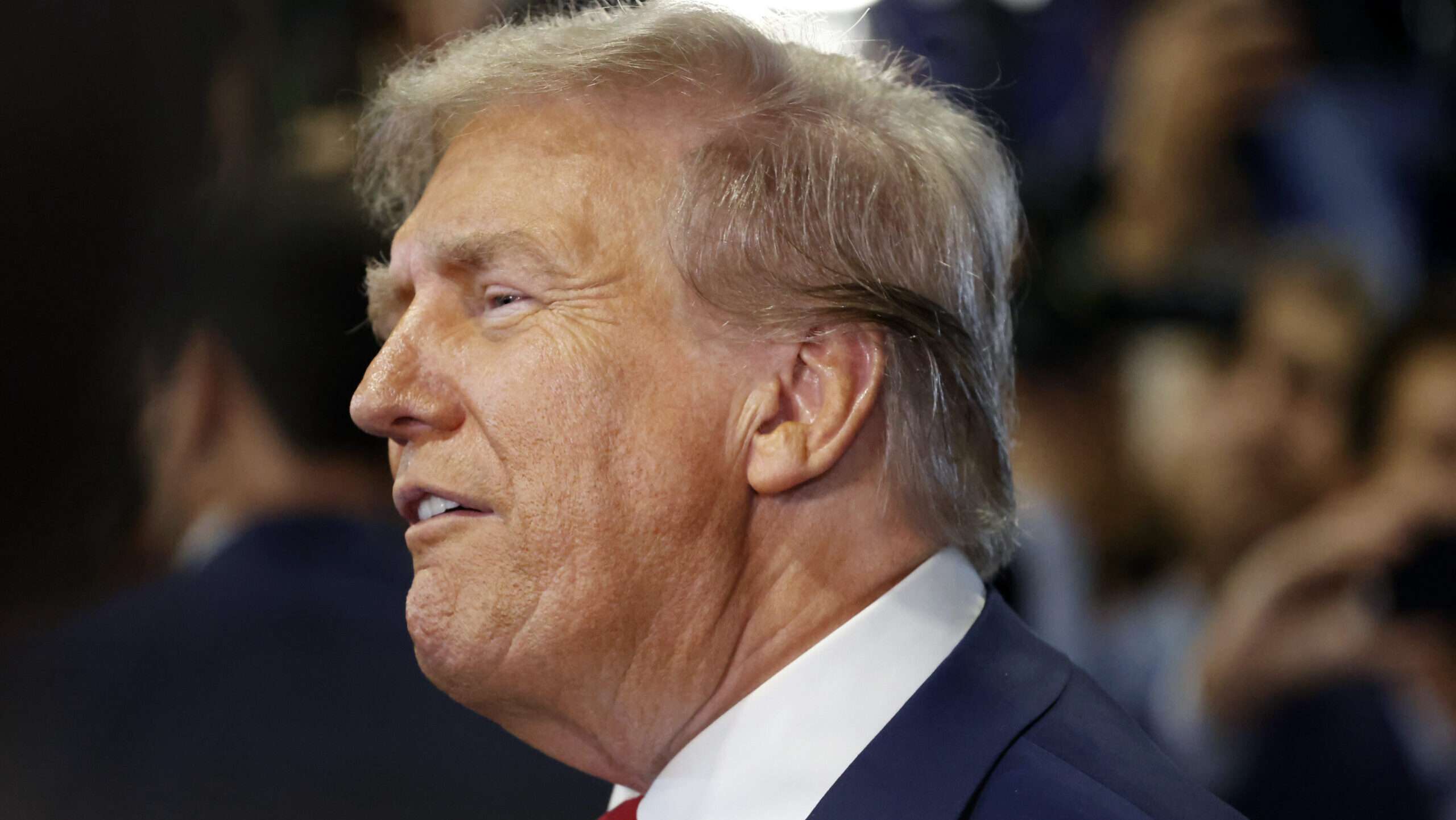Trump’s Linguistic Time Capsule
If a hypothetical “Back to the Future 4” were to unfold, its narrative could center on President-elect Donald Trump during his campaign trail, mirroring the time-traveling escapades of characters like Marty McFly and Emmett Brown. Trump’s engagement with the past, much like speculative fiction, incorporates a series of “what if” scenarios that reflect his worldview and campaign rhetoric. Speculative fiction often raises questions about alternate histories, such as Philip K. Dick’s “The Man in the High Castle,” which explores a world where the Axis Powers triumphed in World War II, or Stephen King’s “11/22/63,” which contemplates the implications of preventing JFK’s assassination. For Trump, the lingering inquiry appears to revolve around imagining a scenario where he won the 2020 election, which he explores through a complex web of conditional grammar.
Diving into the nuances of conditional grammar illuminates how Trump frames his assertions and speculations. Conditional sentences articulate hypothetical situations, often beginning with “if.” These sentences vary in their implications, with zero and first conditionals expressing factual possibilities, while second and third conditionals delve into unlikely scenarios or alternate pasts. Trump’s rhetoric typically falls into the realm of spurious speculation, as he frequently employs the second and third conditional forms to illustrate how his presidency would have changed the course of history. For instance, he asserts that if he had been president during various crises—such as the Afghan conflict or Russia’s aggression—those events would never have transpired, reflecting both a historical revisionism and a desire to reclaim agency over past circumstances.
A key component of Trump’s campaign narrative involved asserting that he would have prevented numerous disasters, predominantly utilizing hypothetical constructs while glossing over historical truths. He claimed that if he had been president, calamities ranging from the situation in Ukraine to the October 7th attack on Israel would not have occurred. However, this perspective contrasts sharply with his record while in office, where he notably refrained from directly challenging Putin’s ambitions in Ukraine. Trump’s rules of conditional optimism offer a starkly different recounting of events, suggesting competence and foresight that his actual presidency often belied, particularly regarding his inattentiveness to geopolitical realities and aggressive leaders.
Examining Trump’s engagement with the Afghanistan conflict through a conditional lens reveals the complexities and contradictions of his assertions. During his campaign, he promised an end to the era of nation-building, claiming he would have overseen a more effective withdrawal from Afghanistan. Yet, upon taking office, this rhetoric yielded to the realities of national security and military advice. Trump’s decisions, notably the Doha Agreement that facilitated Taliban negotiations, ultimately contributed to the chaotic withdrawal, exposing the disconnect between his proposed plans and the geopolitical situation he inherited. This dilemma underlined the intricacies and challenges of Iranian relations and the evolving landscape of terrorism, showcasing Trump’s hypothetical mastery over historical events while exposing his administration’s struggles to navigate these treacherous waters effectively.
Moreover, Trump’s retrospective assertions concerning Afghanistan highlight a broader theme within his political narrative—a blend of nostalgia and myth-making. His campaign slogan, “Make America Great Again,” embodies a longing for a perceived golden age without explicitly defining what that era entailed or who benefitted from it. With the arrival of January 2025, should Trump assume the presidency again, his reliance on speculative history will face intense scrutiny. His tenure will serve as a litmus test for whether he can translate past grievances into actionable governance and whether his combative approach will alter international dynamics, particularly concerning adversaries like Putin, Hamas, and Xi Jinping.
As America stands at the precipice of a potential new era with Trump at the helm once more, it is crucial to disentangle his rhetoric from historical reality. Speculative conditional phrases can serve as powerful tools for political narratives, shaping perceptions while potentially distorting past events. Trump’s speculative discourse raises critical questions about authenticity, accountability, and the necessity to engage with the present rather than remain ensnared in an alternate historical narrative. Whether he can initiate a change in policy and foreign relations remains uncertain, but the outcome will definitively shape the landscape of American politics and its global standing as the nation enters uncharted territory.
Share this content:












Post Comment